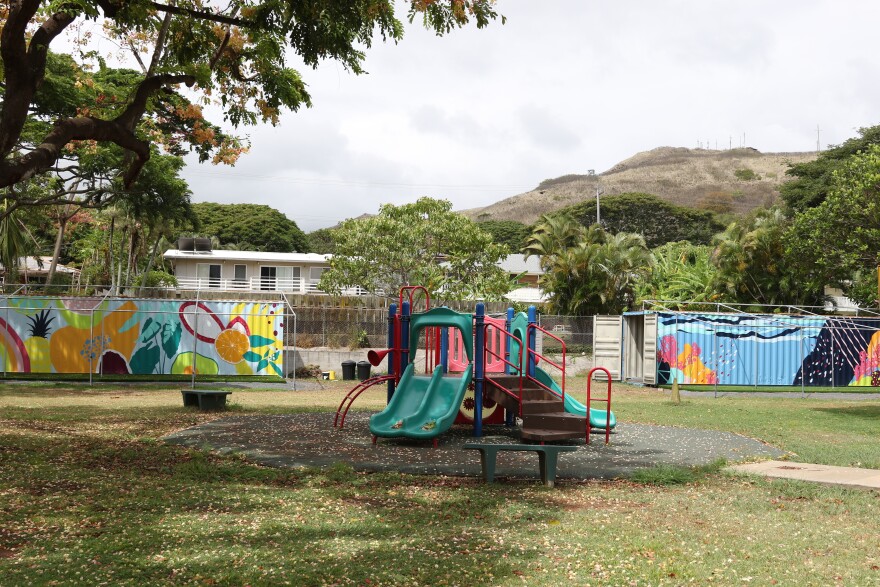This year marks 50 years since Republican President Gerald Ford signed a law that guaranteed “free, appropriate” public education to every child with a disability. That law became the Individuals with Disabilities Education Act, or IDEA.
In 1990, Congress then added the Americans with Disabilities Act, including Title II, which President George H.W. Bush signed into law.
Next month will also mark 20 years since Hawaiʻi got out from under a consent decree because it failed to live up to federal laws to provide education for special needs students. A consent decree is a court-approved legal settlement that all parties agree to and is enforced by the court.
HPR reached out to the attorney who sued the Hawaiʻi departments of Education and Health 32 years ago, an action that led to over a decade of federal oversight on behalf of thousands of students with disabilities.
Civil rights attorney Eric Seitz filed the legal challenge that became known as the Felix case because — filed on behalf of Jennifer Felix, a Maui student with special needs.
However, the end of the Felix case in 2005 meant the end of 12 years of court oversight of the delivery of services to keiki with disabilities.
"Nevertheless, at the time that the Felix litigation ended, we had one of the best special education programs in the state of Hawaiʻi, we were serving thousands and thousands more kids than when we started litigation," he said.
He said that as soon as the litigation and the court supervision went away, the state began to remove funds and terminate services that weren't federally mandated.
"I get calls from people who were formerly complex area specialists, who were responsible for supervision of special ed services, who are saying the state's just doing a horrific job," Seitz said.
"I get probably five to 10 complaints a week, and they're very serious complaints about kids who are really failing and for whom the programs that were developed for them are obviously inadequate and the services are not being provided."

Seitz is worried about what will happen if the Trump administration eliminates the U.S. Department of Education.
"We don't have any long-term, well-staffed, well-trained personnel to treat the kids who present with mental health problems that interfere with their educations and affect them and their families in very serious ways," he told HPR.
"Given that we're already way behind many states that are providing those services, the potential impact of reducing federal oversight and federal funding is going to be devastating."
Trump announced on March 21 that he is looking to hand over the management of the U.S. DOE's programs for students with disabilities to the U.S. Department of Health and Human Services.
"There is no way that the people who run that department are going to be professionally invested in providing help to kids. It's just not going to happen. When I see some of the things that they say and do and the attitudes that they project in terms of how they view their jobs and their opportunities, I think it's going to be devastating, and I'm very concerned," Seitz said.
This interview aired on The Conversation on April 8, 2025. The Conversation airs weekdays at 11 a.m.





